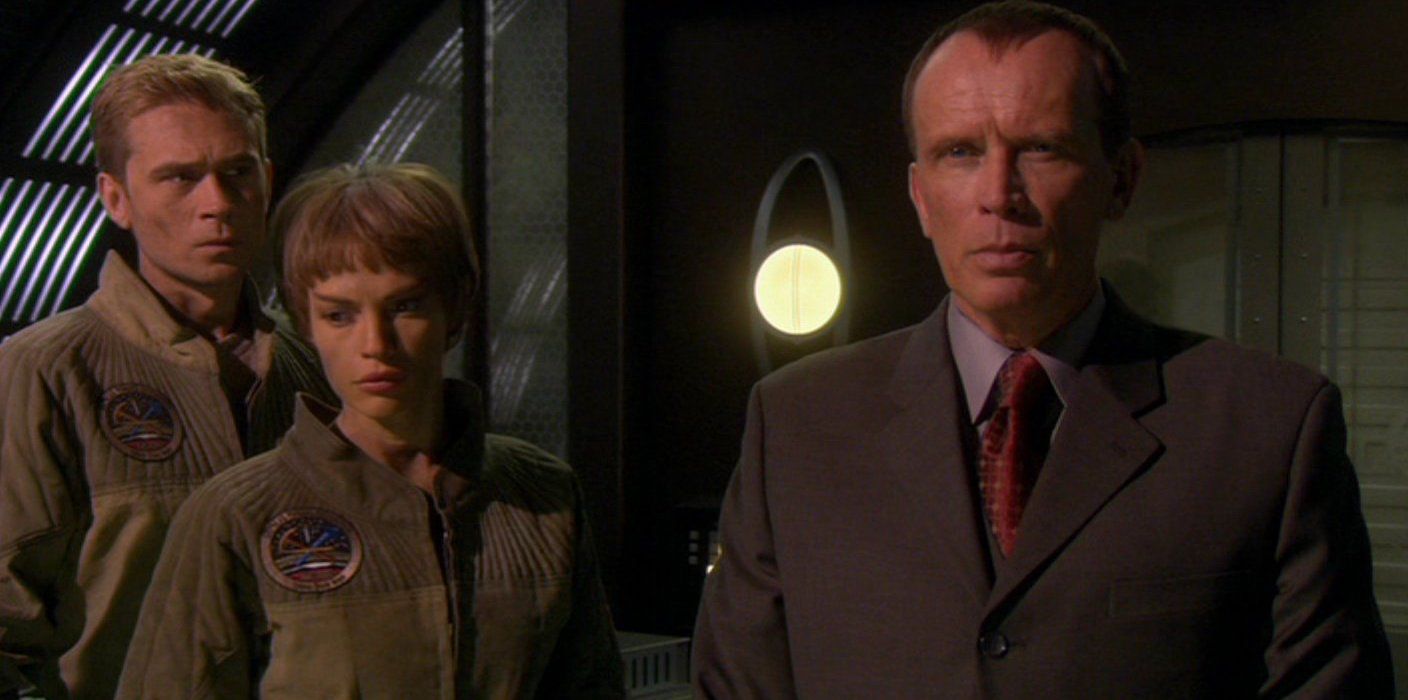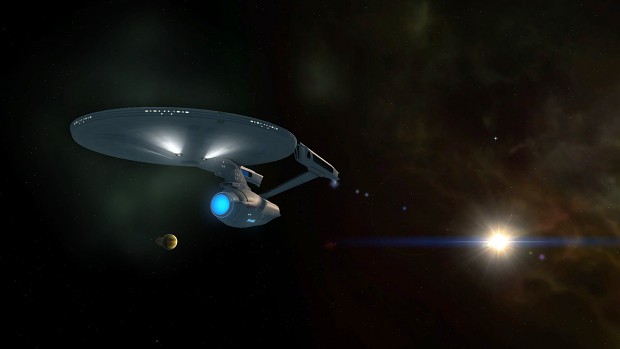

Pockets of irradiated land and genetic mutants would persist into the 22nd century and, with them, chaos and distrust would continue to mar Earth. But it didn't change the world overnight. It was a watershed moment for humanity, the first step towards that better future and its network of allied worlds. Less than a decade after his gruesome speech, scientist and inventor Zefram Cochrane would make first contact with the Vulcans in 2063. Green is the architect of a horror that continued for decades after the atomic war.ĭespite Green's demand for further slaughter, humanity slowly began to recover. Obsessed with human genetic purity after years of radiation exposure due to a world war he engineered, Green continued to call for genocide to purge undesirable genetics from the human race. The fourth season Enterprise episode "Demons" would then offer a stark new clarity to Green's actions. Star Trek: Enterprise followed up on Green's history, with an infographic seen in "In a Mirror, Darkly," naming him responsible for thirty-seven million deaths. RELATED: Kate Mulgrew Explains Exactly Why She's Returning to Star TrekĬolonel Phillip Green is described in "The Savage Curtain" as the leader of a genocidal war. Though Spock calls this the Third World War, 1969's "The Savage Curtain" introduces a figure that later becomes the architect of a "true" world war in the mid 21st century, Colonel Green.

The tyrannical Khan Noonian Singh was arguably the most peaceful of these superhuman warlords, but millions of lives were still lost.
WORLD WAR III STAR TREK SERIES
The original 1966 Star Trek series introduced the Eugenics War in "Space Seed," a conflict that burned through the 1990s as an army of genetically engineered humans tried to overtake Earth. The roots of that final World War are slightly confusing. World War III had scorched the Earth, and the scars of the post-atomic horror were still fresh when the United Federation of Planets was founded.

But buried in Trek's lore is the secret key as to why its utopian standards are so important to its civilization. Gene Roddenberry's passion project set out to explore new worlds, and the ethical and moral outcomes of often painful decisions. From its first episodes, Star Trek has been a franchise about humanity, and its potential to evolve into a better version of itself.


 0 kommentar(er)
0 kommentar(er)
